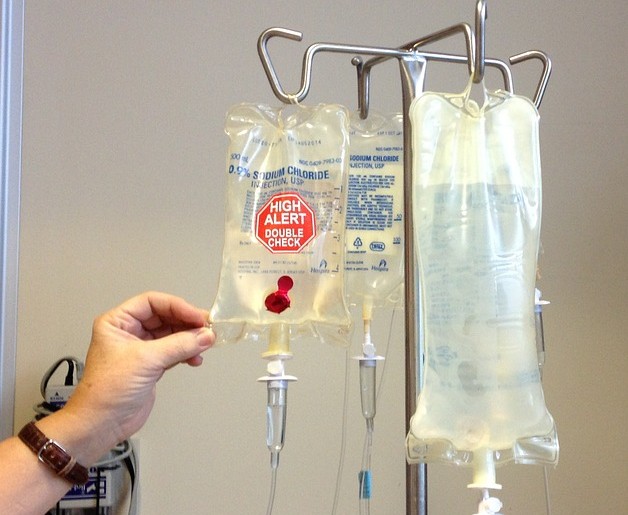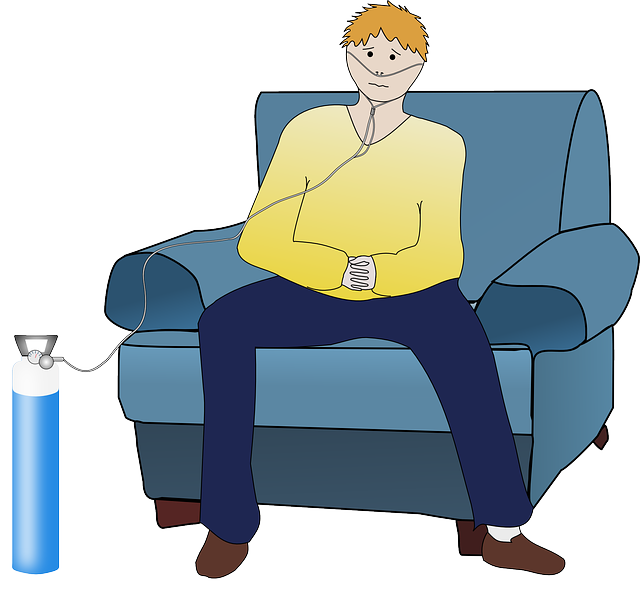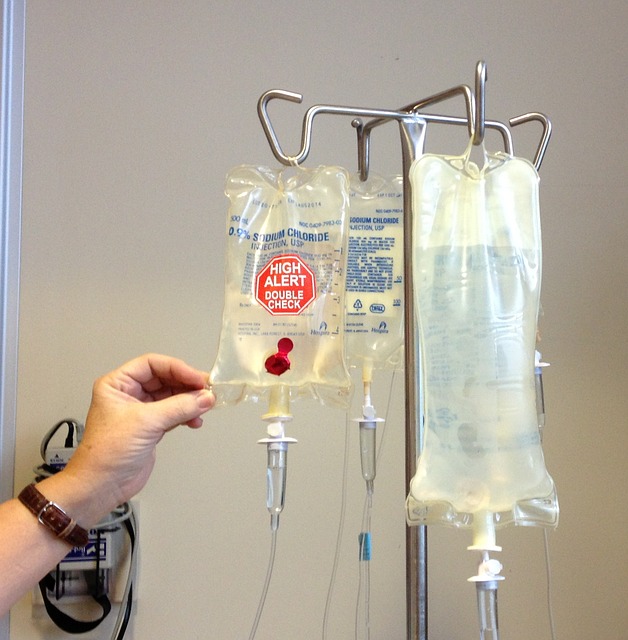A chronic illness is one that has a daily effect on your life but is not expected to get significantly better. It can include all sorts of conditions from arthritis and addiction to chronic bowel conditions. It is something that the sufferer has to live with the effects of every day, and it can be tough to explain to a healthy person what that is like. That is why some bright spark came up with the spoon theory. Read on to find out how it works.
What Is Spoon Theory?
Spoon theory is a way of describing what it is like to live with a chronic illness day in and day out. It relates to the energy that doing an everyday task take, and how that can leave you with only a small supply left for other things.
It is called spoon theory because when the inventor first explained it she was in a diner with her friend. She used the spoons as a physical prop to represent a unit of energy.
The basic premise is that those with chronic illness start the day with 12 spoons or units of energy. Most health people have an unlimited supply.
If you need to spend one spoon getting up in the morning, one eating breakfast, and two for getting dressed and showering. That means you are left with 8 as you leave the house. Then you need at least one spoon for traveling to work or school and one for the trip home. This is on a good day, maybe the traffic is bad, or you don’t get a seat on the bus? Then that will cost you two spoons per journey!
So then you have 6 spoons left. Concentrating properly at work or school is going to cost you at least 4 spoons for a full day. That’s 2 for the morning and 2 for the afternoon. That leaves you with just 2 spoons left. Then you’ll need one spoon to go eat lunch. So by the time you get home you have one spoon left. Then you have to decide whether to use this on making and eating dinner, doing more work, doing chores or having some fun. See how this works?
What Drains Spoons?
The problem with chronic illness is that when you only have so many units of energy, to begin with, anything unexpected can drain your reserves.
Of course, many people with chronic illness also have to take care of their medications which can cost energy too. They also need to spend their energy on looking after the devices that allow them to function such as colostomy belts. Luckily there are devices like the celebration ostomy belt that make this a little easier.
But it is always a struggle for them to balance what they have to do with the units of energy that they have left.
How To Preserve Spoons
The spoon theory often used under the hashtag #spoonie on social media. It can be a useful way of explaining chronic illness to others. It can also help to foster understanding and compassion for people where doing everyday things is battle each and every day.












Comments are closed.